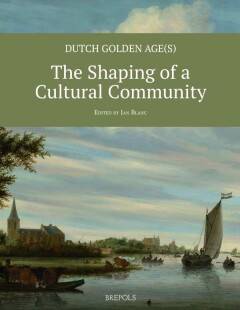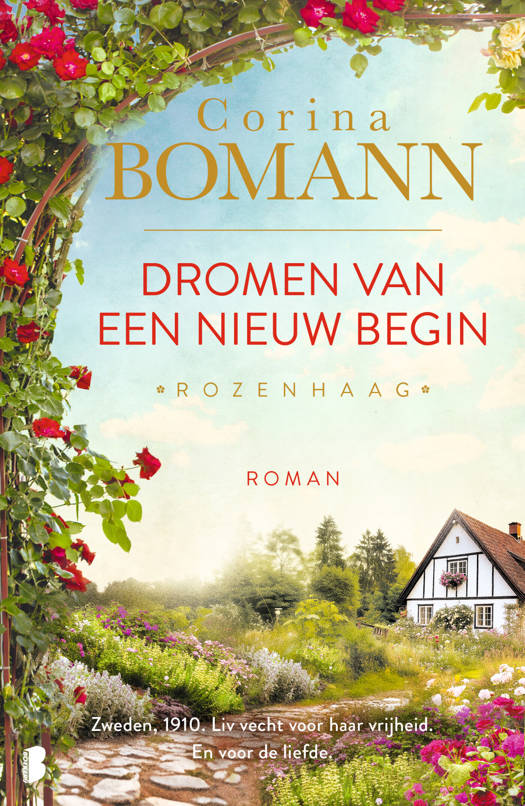
- Afhalen na 1 uur in een winkel met voorraad
- Gratis thuislevering in België vanaf € 30
- Ruim aanbod met 7 miljoen producten
- Afhalen na 1 uur in een winkel met voorraad
- Gratis thuislevering in België vanaf € 30
- Ruim aanbod met 7 miljoen producten
Zoeken
€ 90,10
+ 180 punten
Omschrijving
This volume critically (re-)examines the key building blocks of the construct of the Dutch Golden Age, their origins, the numerous and diverse purposes they have served and their long-lasting cultural and historiographical impact. For a long time, the Dutch Golden Age has been regarded as a historiographical construction or reconstruction dating from the second half of the nineteenth century, when the rise of nationalist and even racialist histories and art histories was intended to promote the principle of a Dutch cultural identity, visible and analysable beyond the vicissitudes of time. This volume shows how the notion of the 'Golden Age', built on the ancient notion of aetas aurea, was constructed by the Dutch and for the Dutch, at the end of the sixteenth century, first to try to justify the theoretically questionable revolt of the Northern Netherlands against Spanish rule, and then to give shape to the new state and the new society created. However, we will see that there is not one but several possible definitions of this Golden Age, and consequently that it cannot be confined to one conception, so that it would be preferable to speak of a multitude of Dutch Golden Ages.
Specificaties
Betrokkenen
- Auteur(s):
- Uitgeverij:
Inhoud
- Aantal bladzijden:
- 243
- Taal:
- Engels
Eigenschappen
- Productcode (EAN):
- 9782503591070
- Verschijningsdatum:
- 15/03/2021
- Uitvoering:
- Paperback
- Formaat:
- Trade paperback (VS)
- Afmetingen:
- 216 mm x 277 mm
- Gewicht:
- 1043 g

Alleen bij Standaard Boekhandel
+ 180 punten op je klantenkaart van Standaard Boekhandel
Beoordelingen
We publiceren alleen reviews die voldoen aan de voorwaarden voor reviews. Bekijk onze voorwaarden voor reviews.











